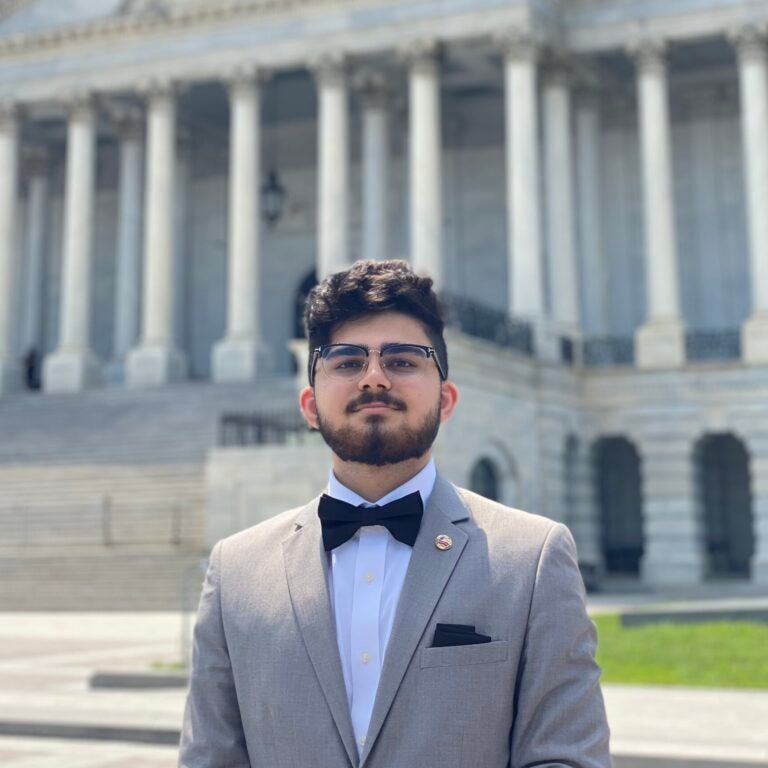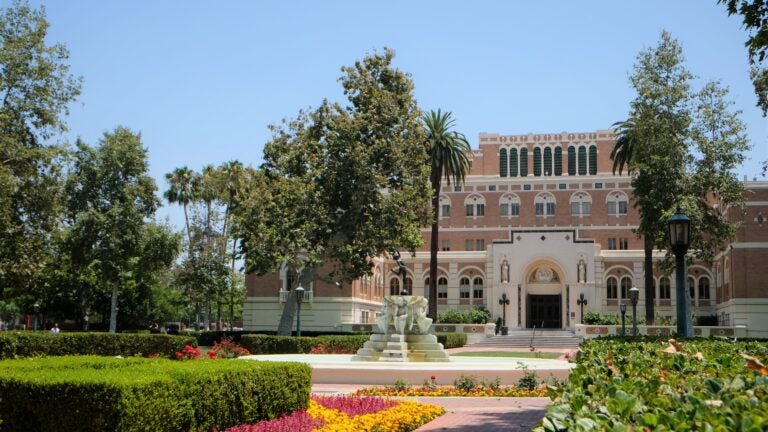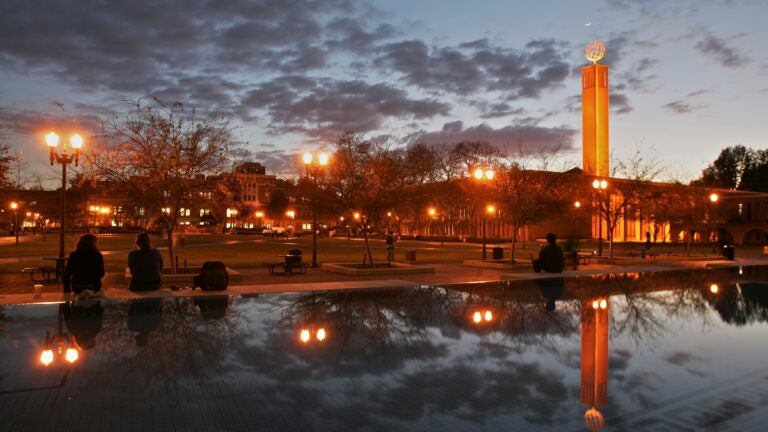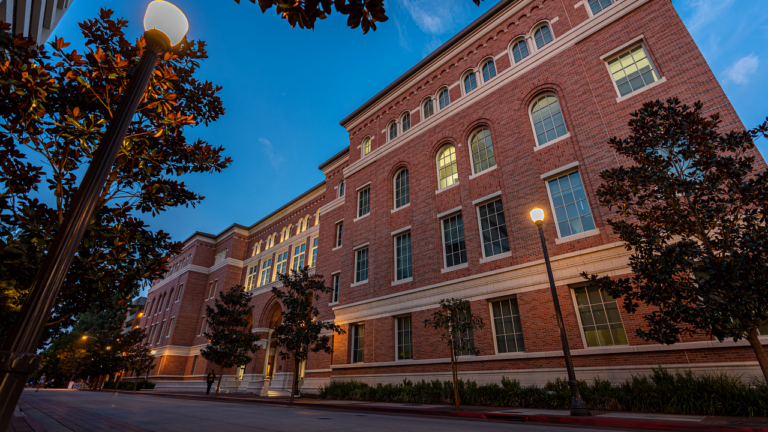OVERVIEW
-
MDES 201: The Middle East: Global and Environmental Perspectives (GE-G)
-
MDES 301: The Global Middle East (GE-C)
-
ARAB 252: Arabic IV
ARAB 300: Introduction to Translation
ARAB 322: Advanced Arabic I
ARAB 333: Colloquial Arabic: Regional Dialects
ARAB 334: Media Arabic
ARAB 352: Advanced Arabic II
CLAS 349: Ancient Empires
CLAS 371: From Alexander to Cleopatra: The Mediterranean in an Age of Expansion
CLAS 378: Ptolemaic Egypt
COLT 437: Arabic Autobiography: Writing and Interpreting the Self
COLT 447: Traveling Genres: Politics/Poetics of Modern Arabic Prose
ECON 342: Economic Development of the Middle East
HEBR 315: Modern Hebrew Language (Hebrew IV)*
HIST 480: Seminar in Middle East History
IR 362: The International Relations of the Contemporary Middle East
IR 363: Middle East Political Economy
IR 464: US-Middle East Foreign Policy Issues
IRAN 250: Persian IV
IRAN 320: Advanced Persian I
IRAN 325: Business Persian
IRAN 350: Advanced Persian II
MDES 312: Medieval Iran: Society and Culture
MDES 313: Modern Iran
MDES 314: Politics, Ideologies, Cultures of the Global South (GE-H)
MDES 316: The Great Muslim Empires of the Near East and India (GE-H)
MDES 324: Persian Literature
MDES 320: Arabic Literature: Classical to Contemporary (GE-B)
MDES 325: Politics of Film and Literature in Modern Iran (GE-B)
MDES 335: Nation and State in Modern Turkey
MDES 340: The United States and the Middle East
MDES 342: Arab Intellectuals in Question (GE-C)
MDES 343: Modern Arab Culture and Literature (GE-B)
MDES 345: Power and Authority in the Middle East (GE-H)
MDES 355: The Arab-Israeli Conflict (GE-C)
MDES 375: Politics and Society in the Contemporary Middle East
MDES 401: Environment and Politics in the Middle East
MDES 403: Infrastructures of Dominance: Technology, Development and the Struggle for Power
MDES 441: Cities of the Middle East (GE-G)
MDES 475: Seminar in Middle East Studies
POSC 351: Middle East Politics
From our student
Not only does the Department of Middle East Studies teach the rich history of the region meticulously, they also guide and support their students to think about and prepare for the future. We are taught to question the details of the details, to understand the region in all of its complexity.
With the guidance of the extraordinary staff and faculty, we, the students, are encouraged to explore the Middle East as scholars and researchers.

AMIDEAST Amman, CIEE Amman, AMIDEAST Rabat:
Programs > Student Travel Abroad
Programs > Student Travel Abroad
Programs > Student Travel Abroad


